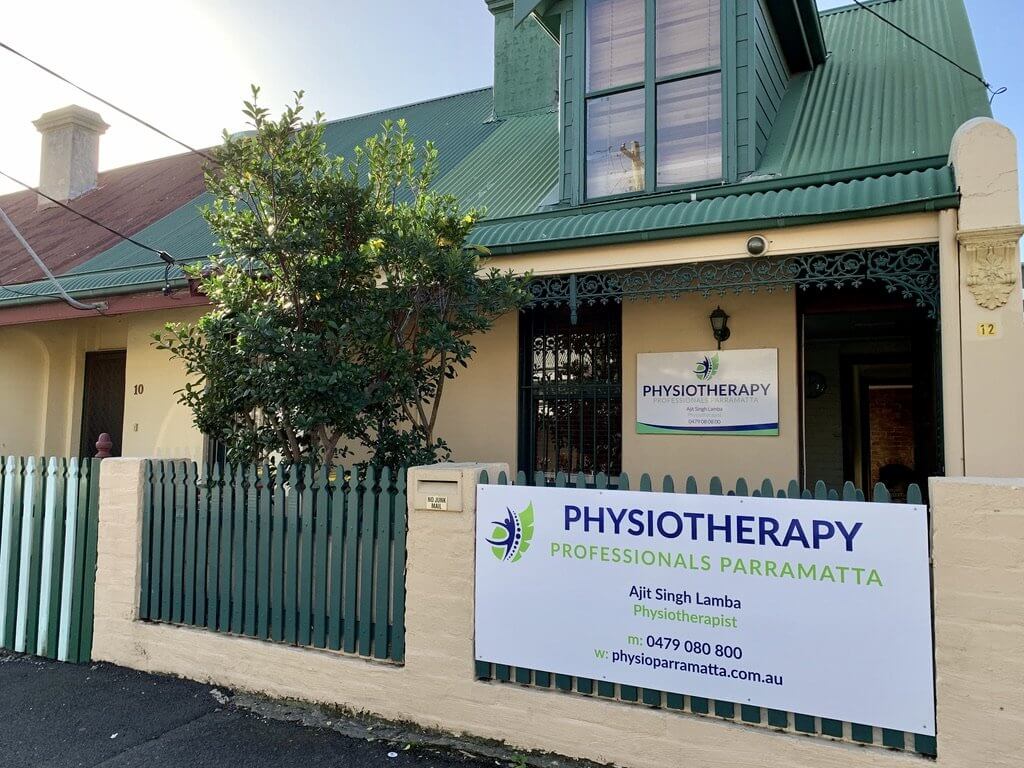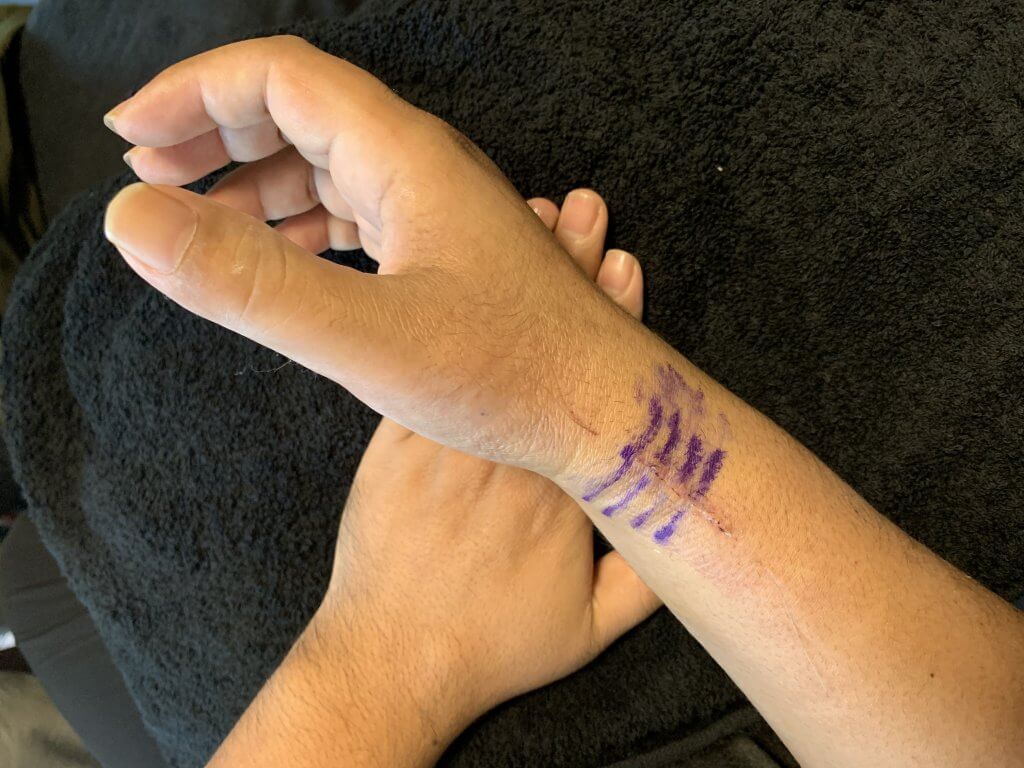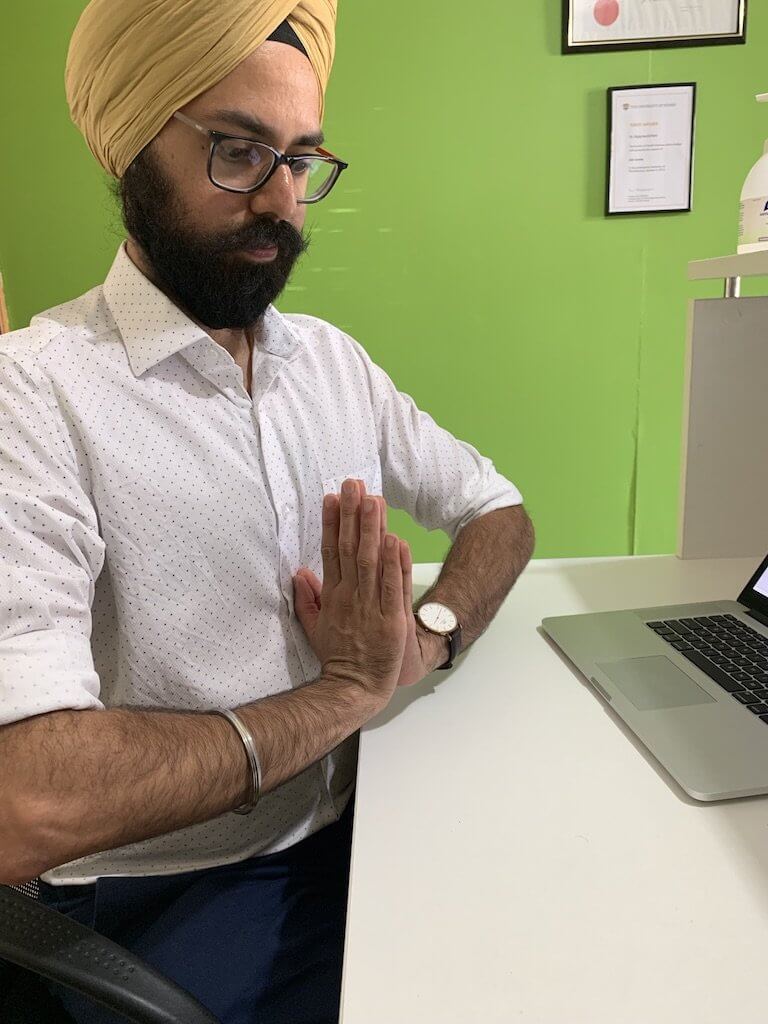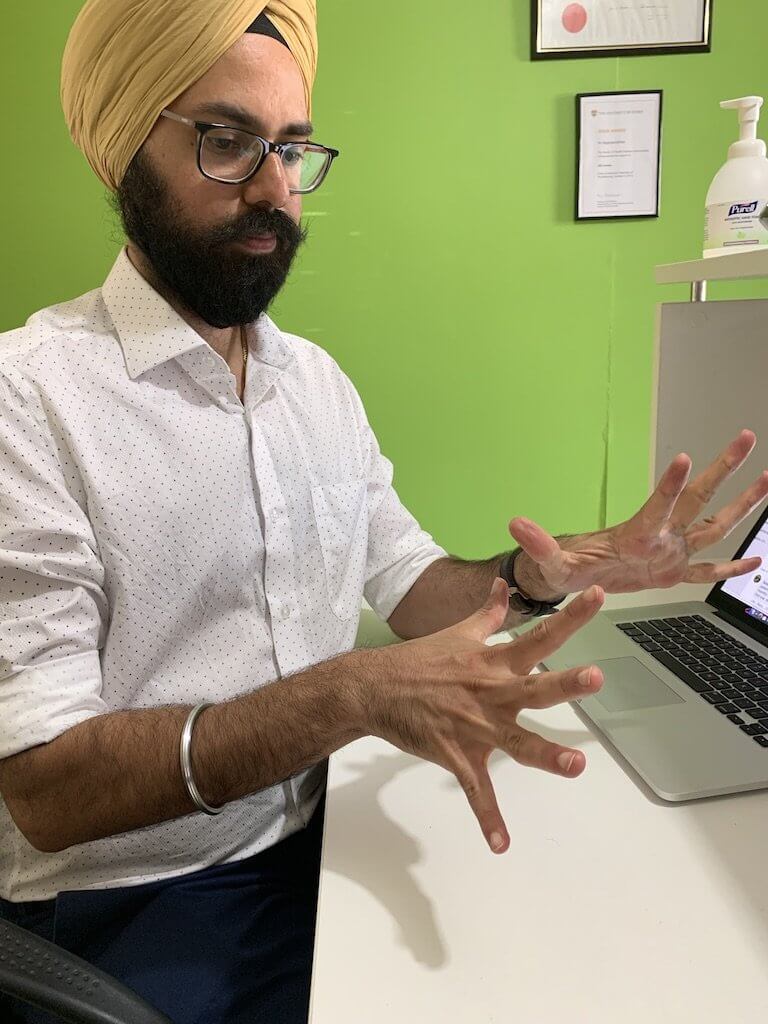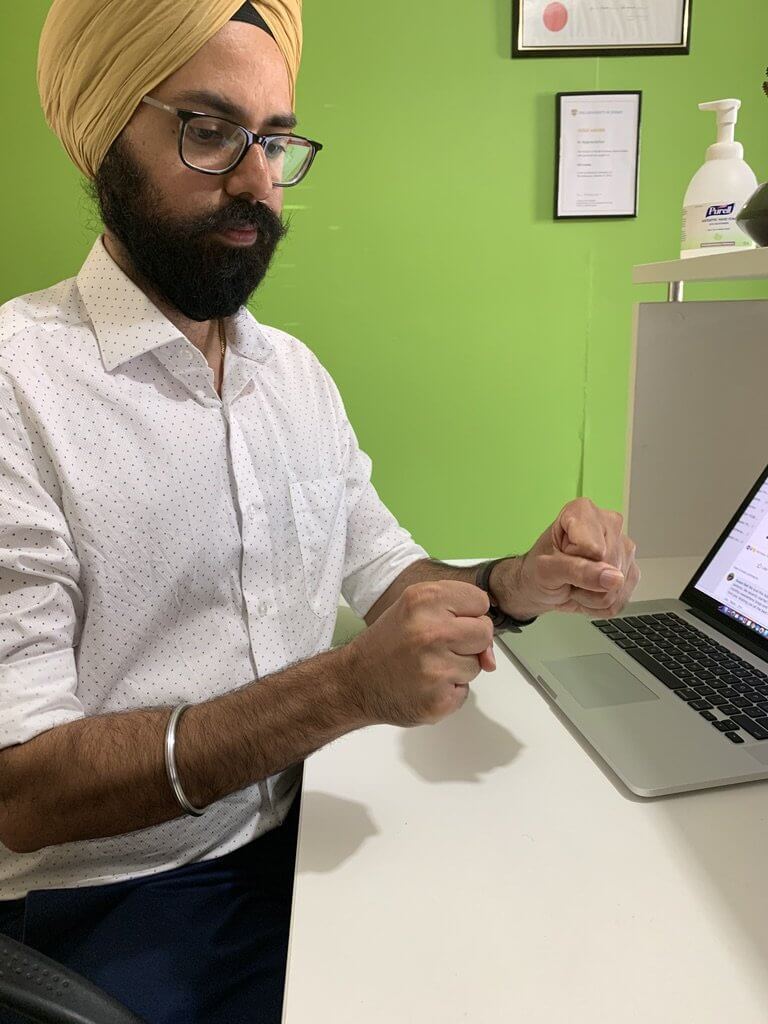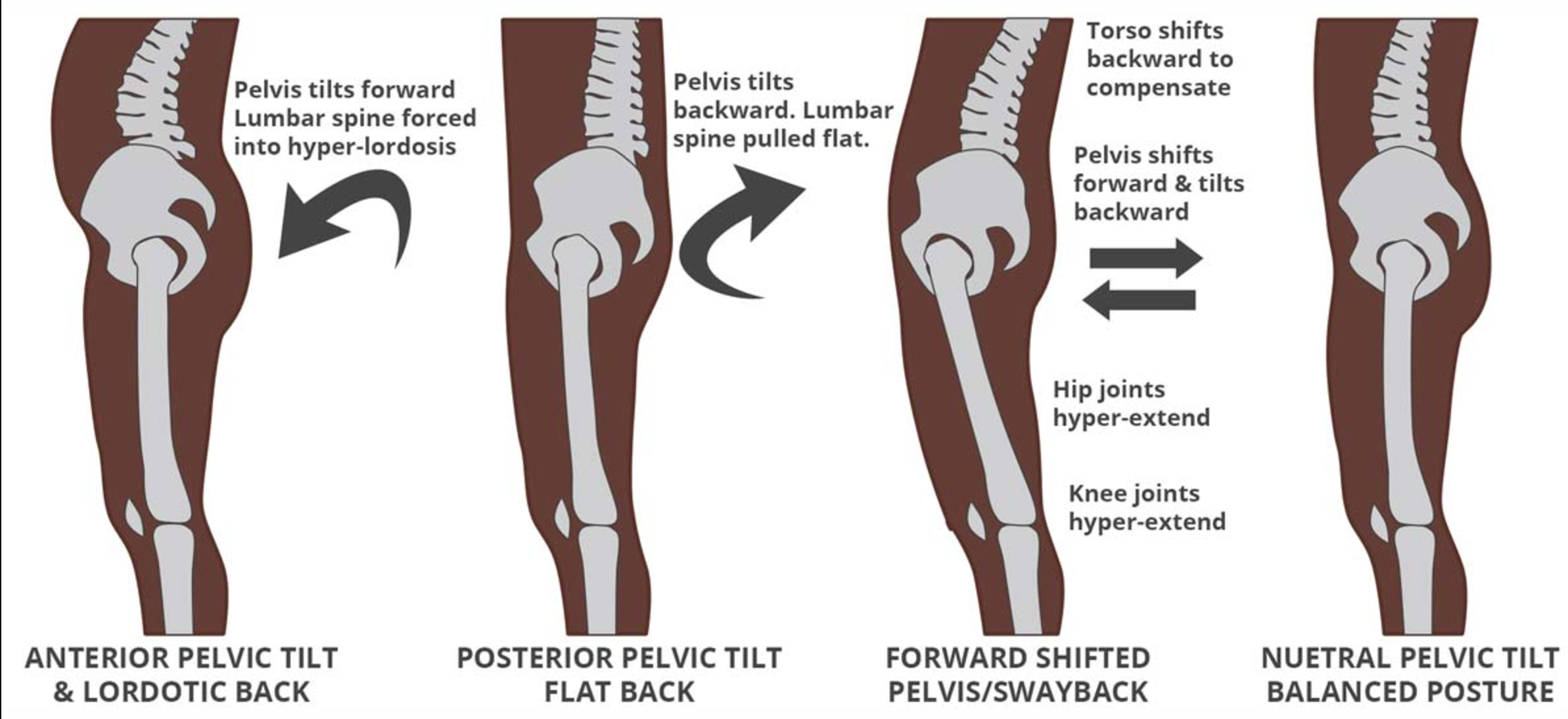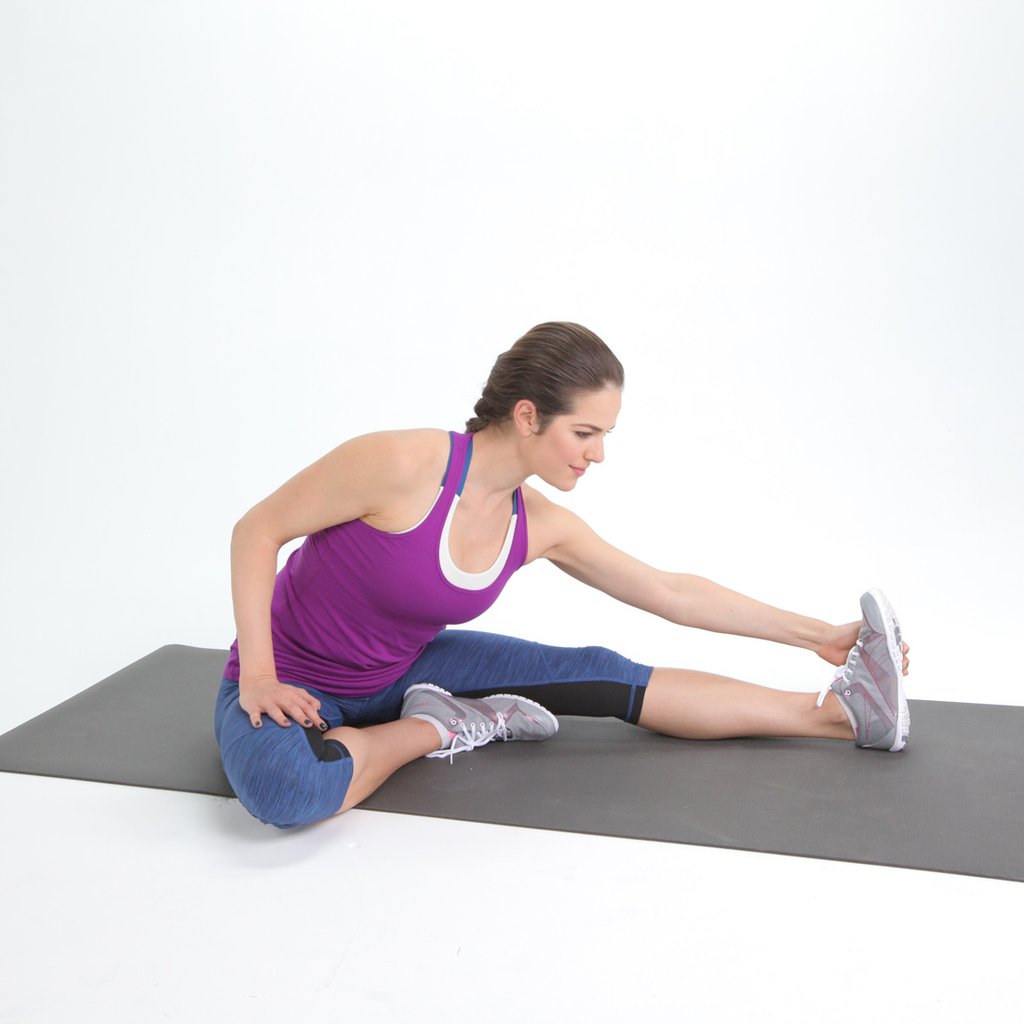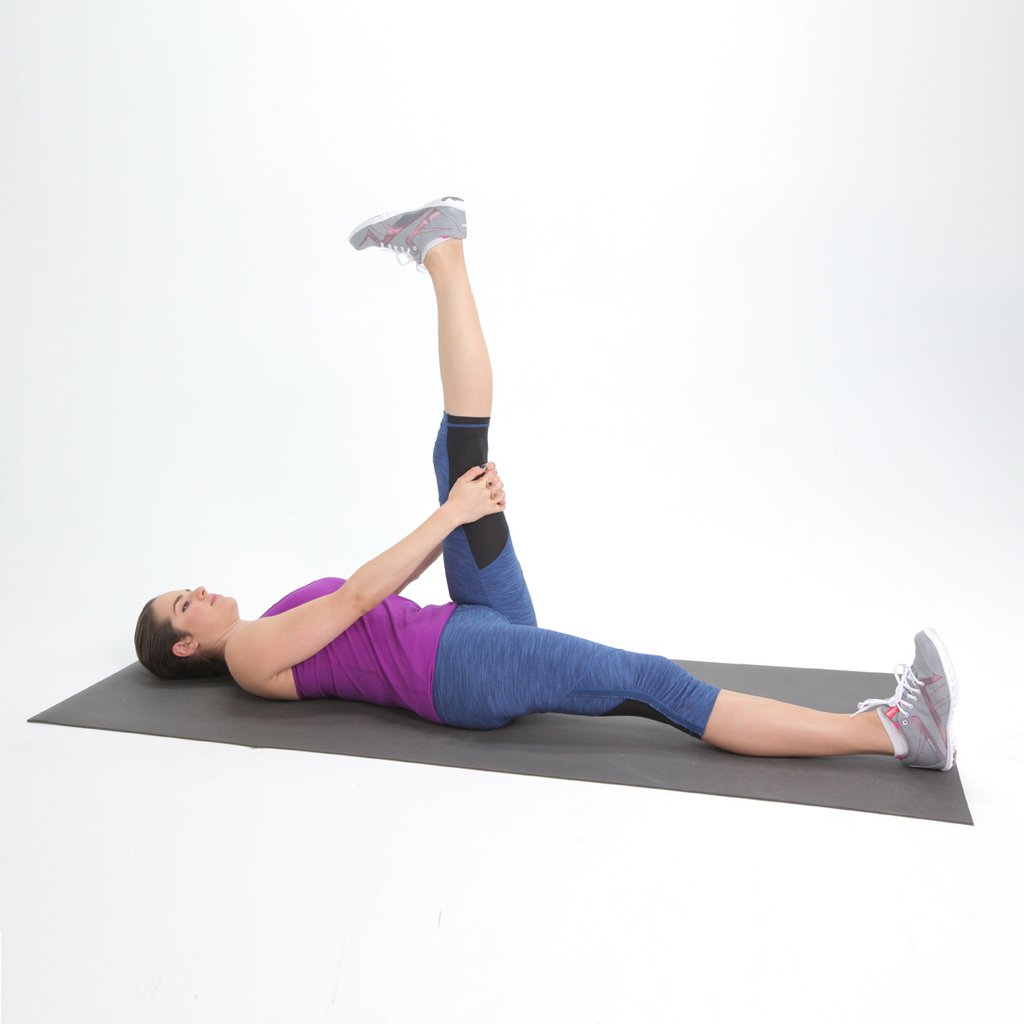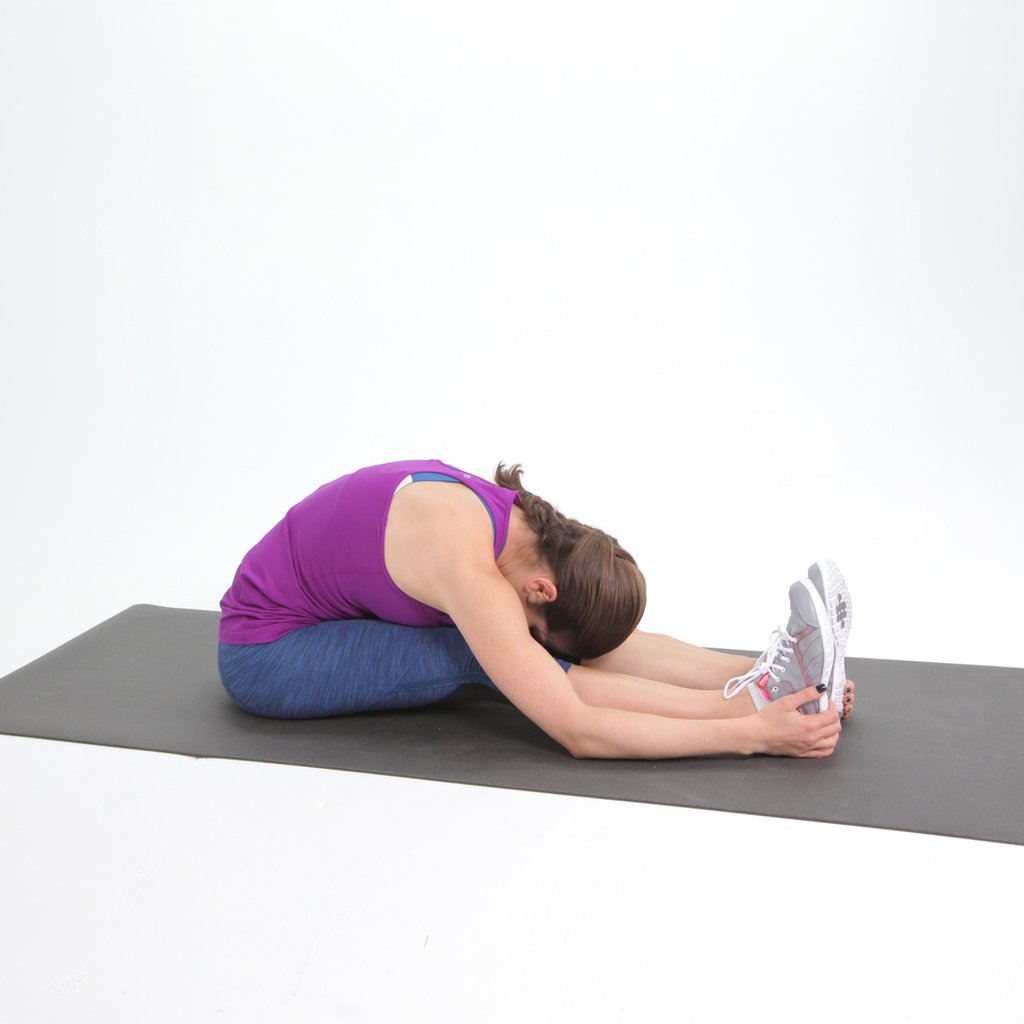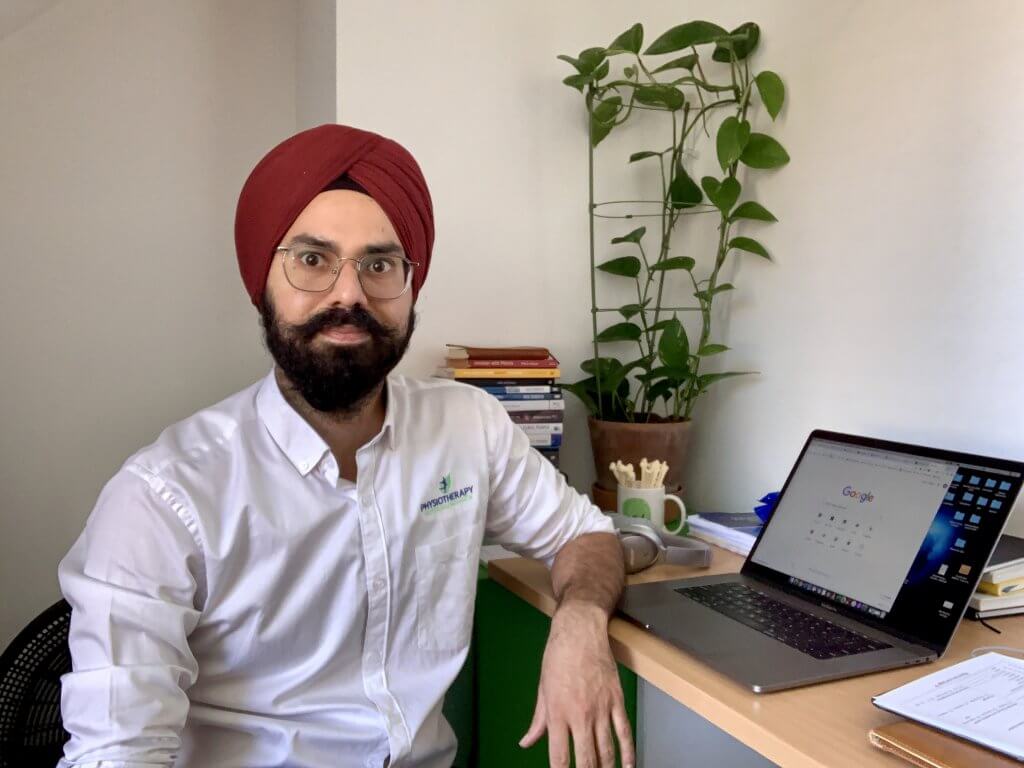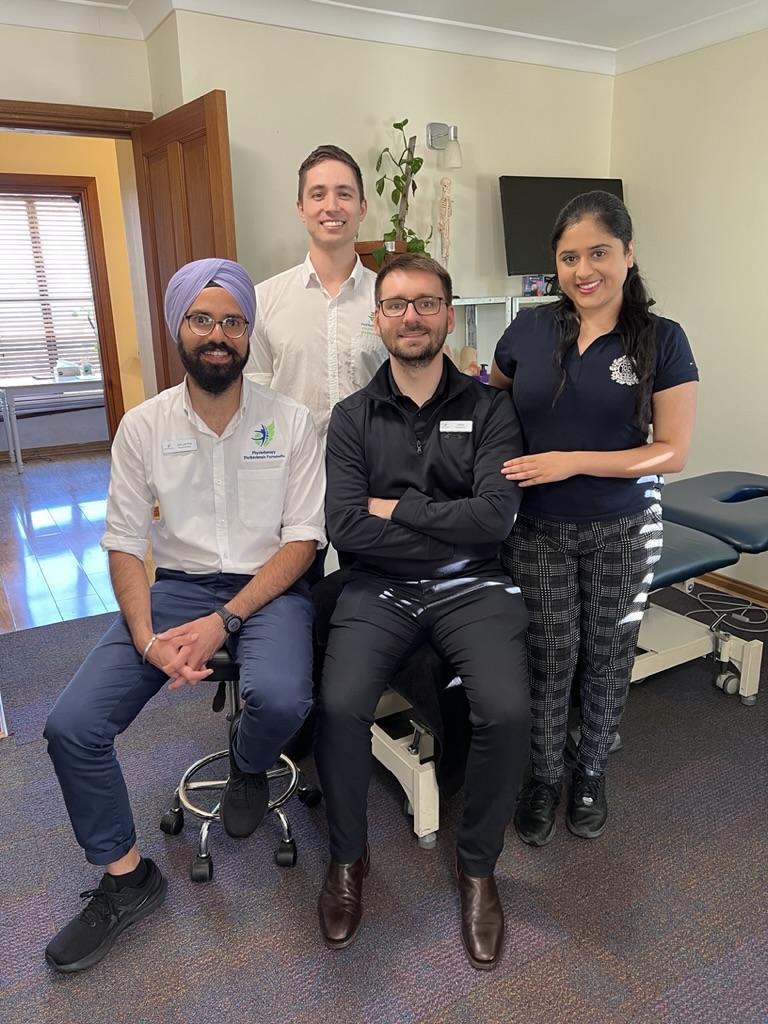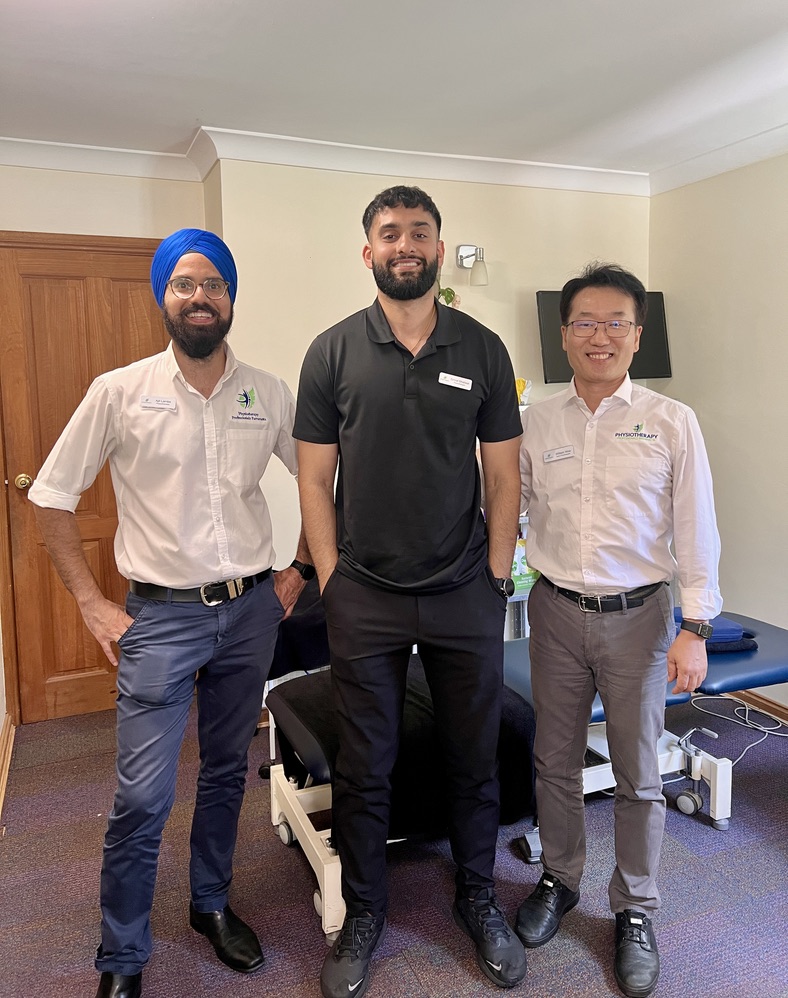Physiotherapy Treatment in Parramatta
Physiotherapists in Parramatta, Sydney will use a variety of approaches and modalities as part of their treatment session. The following are some common treatments used by Physiotherapists.
Heat and ice
Heat is often applied to reduce stiffness and improve blood flow to a muscle or joint. Heat also helps increase flexibility and ease of movement of stiff joints. Ice is often applied to acute injuries to soft tissue or joints to reduce swelling and inflammation. Although long term effectiveness of ice and heat is questionable.
Joint Mobilizations
Manual therapy is the basis of joint mobilisations and manipulations. If a joint isn’t moving and should be, joint mobilizations or manipulation can help. Physiotherapists use a hands on approach to get stiff or immobile joints moving. Some research has shown that when combined with exercise, joint mobilization and manipulation can provide additional benefit.
Laser
Low level laser therapy has been used for many years by physiotherapists for its reported anti-inflammatory and pain relieving effects. Further investigation is needed to demonstrate its effectiveness in treating muscular injuries.
Dry Needling
The term dry needling refers to the needles have a solid core and are not used for the purpose of injecting medications. Physiotherapist undergo further training before offering dry needling as a treatment option. Anecdotal evidence exists outlining the benefits of the treatment, however further research is needed to support the effectiveness of needling.
Shockwave
Shockwave Therapy is a high amplitude pulse of mechanical energy, similar to sound waves to treat a variety of conditions including plantar fasciitis, tennis elbow and shoulder tendonitis. The evidence of shockwave’s effectiveness has been mixed. Some researchers note improved pain relief and function with shockwave with others report no benefit over exercise interventions.
Ultrasound
This modality is thought to increase blood circulation, tissue metabolism, tissue flexibility and healing and is frequently used for its effects on muscles, joints and ligaments. Research suggests mixed effect with ultrasound as it proves helpful in some conditions. But provides no extra benefit over exercise for those with frozen shoulders or rotator cuff injuries. A systematic review showed little evidence for the effectiveness of ultrasound in treating musculoskeletal disorders.
Physiotherapists will employ a variety of techniques, including manual therapy, exercises and when indicated different modalities to ease the patient’s symptoms. Even though there is insufficient evidence to prove the effectiveness of one particular technique, it does not mean the technique is not effective. Every patient will have a unique experience. Just because one patient did not benefit from it, does not mean someone else might not either.
Get in touch with our Physiotherapists at Physiotherapy Professionals Parramatta and see how we can help you!
